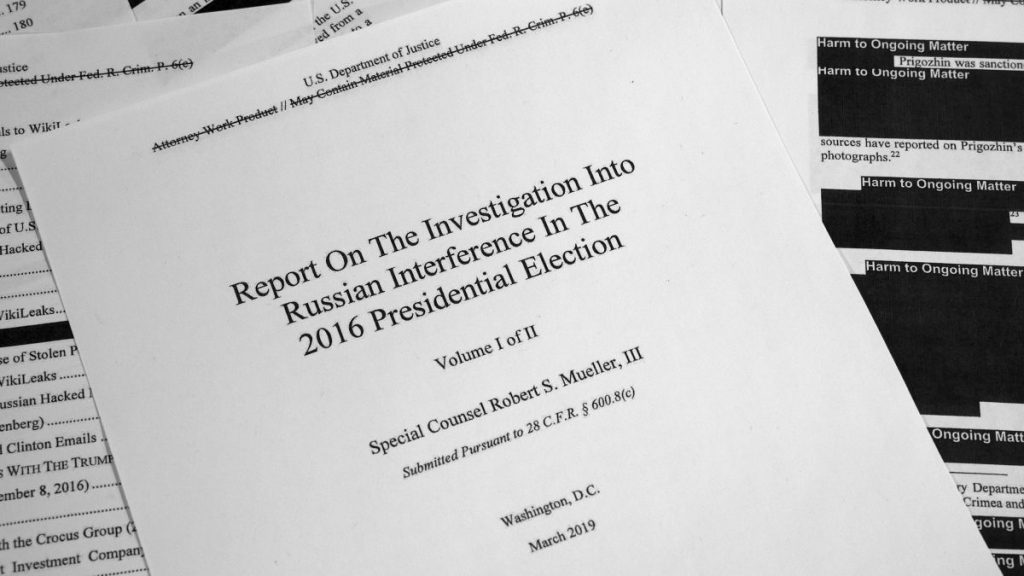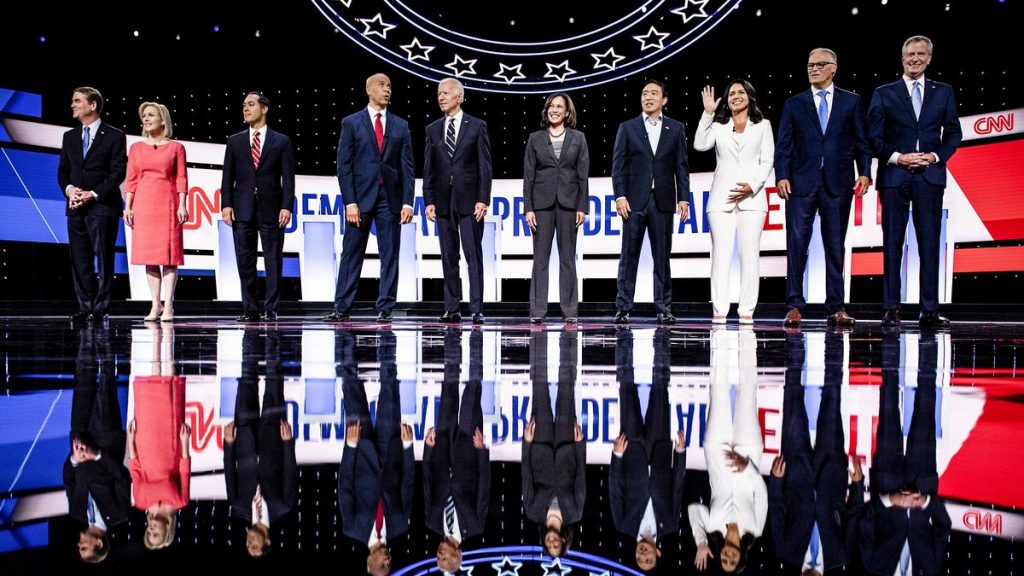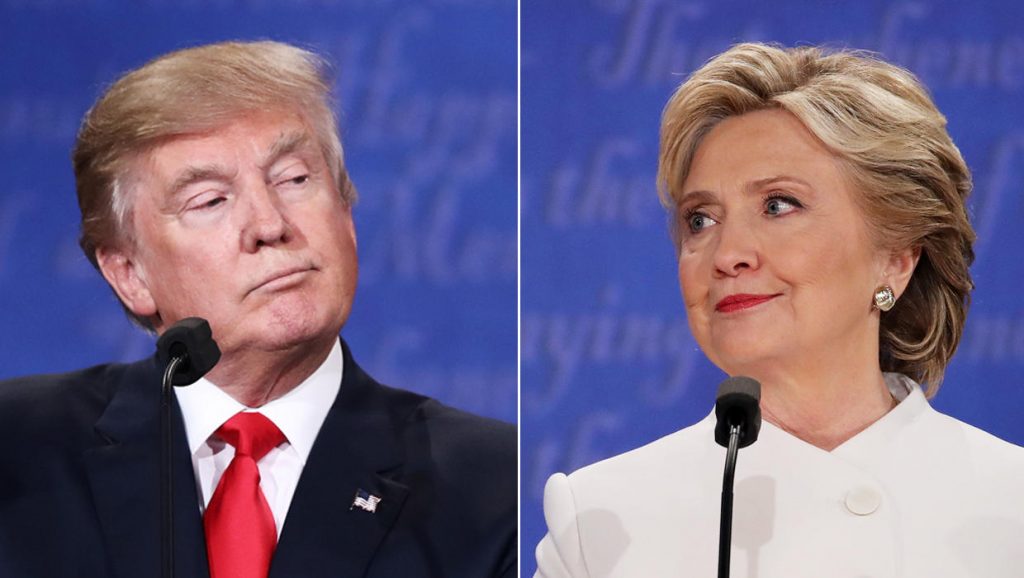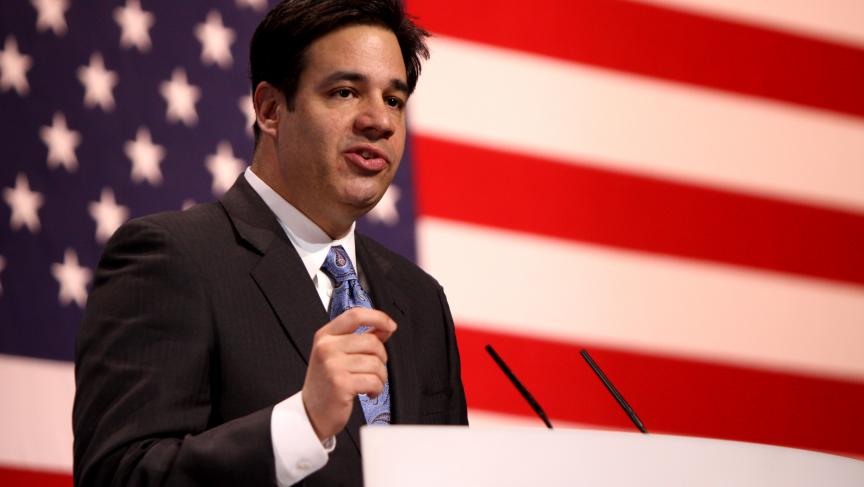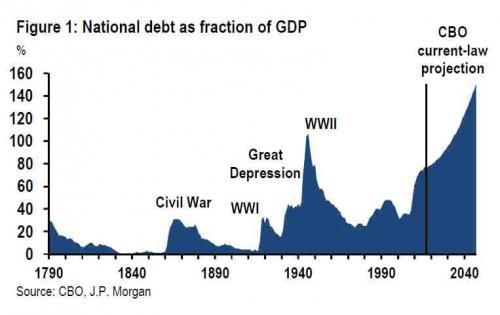Amid the hourly chaos that is the Trump government it is possible to lose sight of the truly significant, while focusing on the merely crazy or simply incompetent.
So it was with the appointment – without Senate confirmation – of the acting director of the Bureau of Land Management (BLM) and the announced intention of the administration to effectively gut the Endangered Species Act (ESA). The two events – a hardly a coincidence – occurred a few days apart.

It turns out the most incompetent administration in anyone’s lifetime is competent in one way: it knows how to trash the environment.
The appointment of William Perry Pendley, a hard rightwing lawyer who has repeatedly voiced support for selling public lands, is in keeping with the administration’s appointments of Ryan Zinke, the ethically challenged former Secretary of the Interior, and current Secretary David Bernhardt, a former coal industry lobbyist.
These guys don’t care about public access to public lands for western hunters and fishermen, backpackers and sightseers; they’re all about lessening protections and being cozy with the west’s extractive industries. You’d be naïve not to think that they will, as one-time Secretary Cecil D. Andrus said, cater to “the rape, ruin and run” crowd.
Pendley has a particularly pernicious reputation. As High Country News noted recently: “The Wyoming native has extreme anti-government views. He despises the Endangered Species Act, once writing the bedrock conservation law seeks ‘to kill or prevent anybody from making a living on federal land.’ He has sued the federal government numerous times in the last three decades, including over ESA listings and national monument designations. He’s called the science of climate change ‘junk science’ and blasted the Obama administration for waging a perceived ‘war on coal.’”
In a January 2016 article in the National Review, Pendley, who styles himself as one of the original “Sagebrush Rebels,” boldly asserted that, “The Founding Fathers intended all lands owned by the federal government to be sold.” In that article Pendley championed Illinois as a model all western states should aspire to. Ninety-eight percent of the land in Illinois is owned privately. Try finding a place to hunt on public land in the Land of Lincoln.
Pendley, a supporter of the anti-government, anti-public lands Bundy crowd, also traffics in the old myth that the 1980s “Sagebrush Rebellion” was a spontaneous reaction to policies advanced by the Carter Administration when Andrus was running the Interior Department. It’s nonsense. Big money interests and corporate exploiters have been lusting over your land for generations. They always wait for an attractive political moment to pounce and they now have a willing accomplice in the White House.

In 1980, the Interior Department did a study of the various efforts to liquidate the west’s vast public acreage and, to no great surprise, found the “Sagebrush Rebellion” was as old as the hills. To quote from that report:
- In 1832 the Public Land Committee of the U.S. Senate claimed that state sovereignty was threatened by federal land ownership. The rest of Congress, however, maintained its discretionary authority to manage such land without limitation and rejected the complaint.
- In 1930 the Hoover Commission proposed to cede much of the public domain to the states. The recommendation was opposed by both the eastern Congressional majority and by the Western states, who having already acquired the most productive land, wanted no responsibility for the “waste lands” remaining.
- In the 1940s Senator Pat McCarran (D., Nevada) conducted a series of investigations into the Grazing Service (one of BLM’s predecessors) and the Forest Service, both of whom were trying to bring livestock grazing under control. In 1946 Senator Edward Robertson of Wyoming sponsored a bill to convey all unreserved and unappropriated lands to their respective states. BLM was formed the same year.
- In 1956 Senator Russell Long (D., Louisiana) proposed similar legislation.
The new “acting” head of the BLM is just the latest in a long line of hucksters who want to limit your ownership of national forests and rangelands. They’re driven by an ultra-conservative mindset that don’t just devalue public land, but considers it valueless.
The decision to gut much of the enforcement mechanism of the ESA was, of course, immediately endorsed by Idaho’s anti-conservation Senate delegation and Rep. Russ Fulcher, and it represents an even more blatant attack on the environment. Fulcher, parroting talking points that could have been produced by the “rape, ruin and run” crowd, congratulated Trump and company for “increasing transparency and continuing to fix this broken law.”
Richard Nixon signed this “broken law.” It has saved bald eagles and grizzly bears and countless other species. Leave it to Trump, a guy whose idea of roughing it is a resort bathroom without gold fixtures, to shred the last bit of credibility Republicans had on the environment.
The legacy of America’s public lands is one sure thing we can hand off to our grandchildren. No other country on earth has as much abundance of the open and accessible public lands, as well as the wildlife diversity that literally defines the American west. The land doesn’t belong to a president, or a blinkered rightwing lawyer or a coal company. It belongs to all of us, and our kids.
I’ll believe Republicans like Jim Risch and Mike Crapo value public lands when I see them insist on putting the acting BLM director through a Senate confirmation vote. I’ll believe Fulcher cares about your kid’s western legacy when he speaks, even once, about the value of the wide-open west without sounding like a lobbyist for an oil company.
The folks who regular devalue the idea of America’s public lands often talk about “balance,” which is vitally important in a region where many people make a living off the land. But they rarely talk about stewardship or how to harmonize the needs of resource industries with the legitimate values of conservation.
“When the West fully learns,” the great writer Wallace Stegner once said, “that cooperation, not rugged individualism, is the quality that most characterizes and preserves it, then it will have achieved itself and outlived its origins. Then it has a chance to create a society to match its scenery.”


